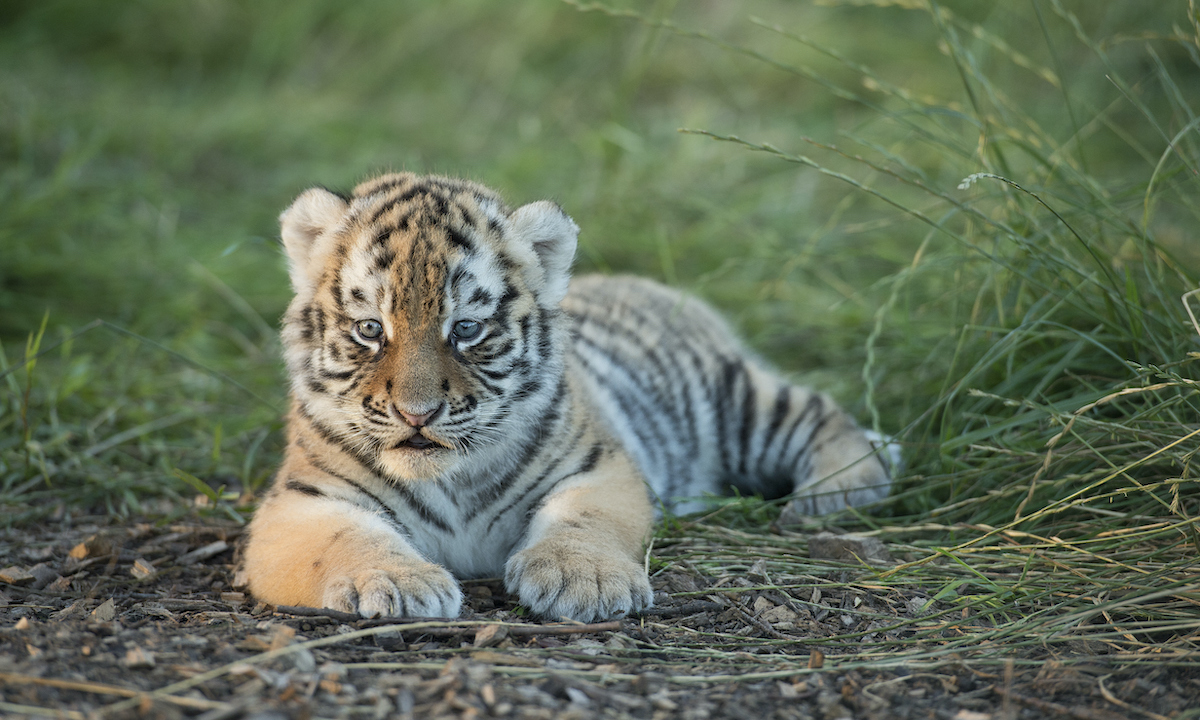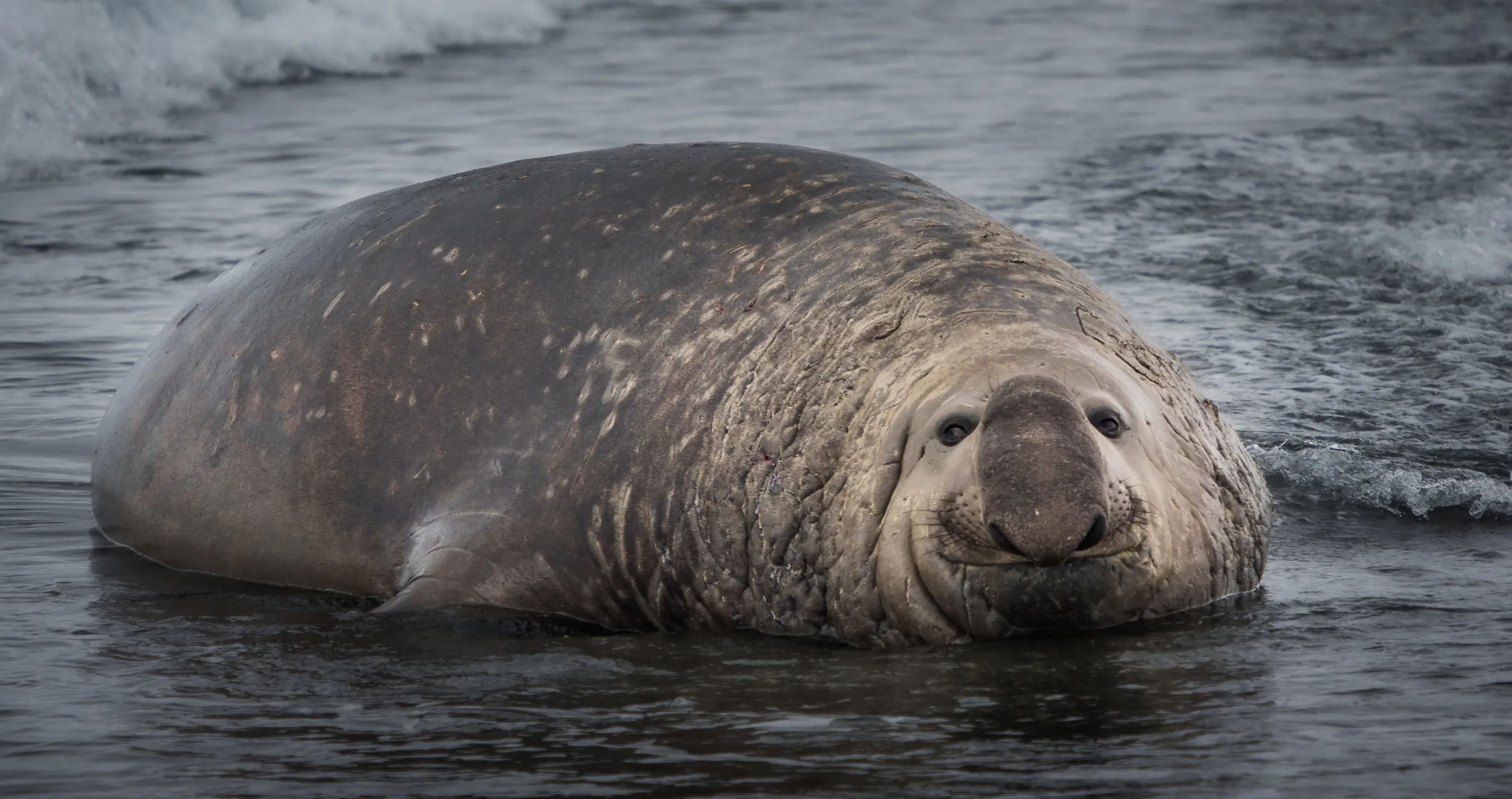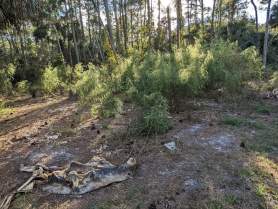

Albuquerque police stumbled into an unlikely surprise while chasing down the source of gunfire in Albuquerque, New Mexico last month. They followed the sound of shooting to a mobile home, where they found the culprit—as well as a four-month-old baby tiger.
Videos by Outdoors
The tiger, which had likely been obtained illegally as part of the black-market pet trade, was found in a small dog crate. He was underweight and exhibited signs of neglect.
Authorities collected the cub, now named Duke, and brought him to the local zoo, ABQ BioPark. There, he was given food and temporary care while zoo officials figured out what to do with him next. Ultimately, they found a home for him not too far away. When Duke regained his health, he was transferred to The Wild Animal Sanctuary, a non-profit organization in Keenesburg, Colorado.
Duke is a Bengal tiger, a highly endangered species native to India, Pakistan, Nepal and several other Asian countries. Right now, there are only an estimated 2,500 Bengal tigers remaining in the wild. Right now, they’re under threat from all sides. Major culprits include habitat loss, poaching (like in Duke’s case) and occasional hunting by locals who view large carnivores as a threat.
Refuges like The Wild Animal Sanctuary help provide lifelong homes for animals, who are unable to return to the wild because they’re injured, old or dangerously habituated to humans. The sanctuary also works to educate the public about the need for conservation efforts to protect endangered species like the Bengal tiger.
By providing a permanent home for Duke, The Wild Animal Sanctuary is not only giving the cub a chance at a fulfilling life, but also contributing to the conservation of his species. For those interested in visiting the cub, Duke won’t be on display for the public in Colorado until he reaches adult size.









